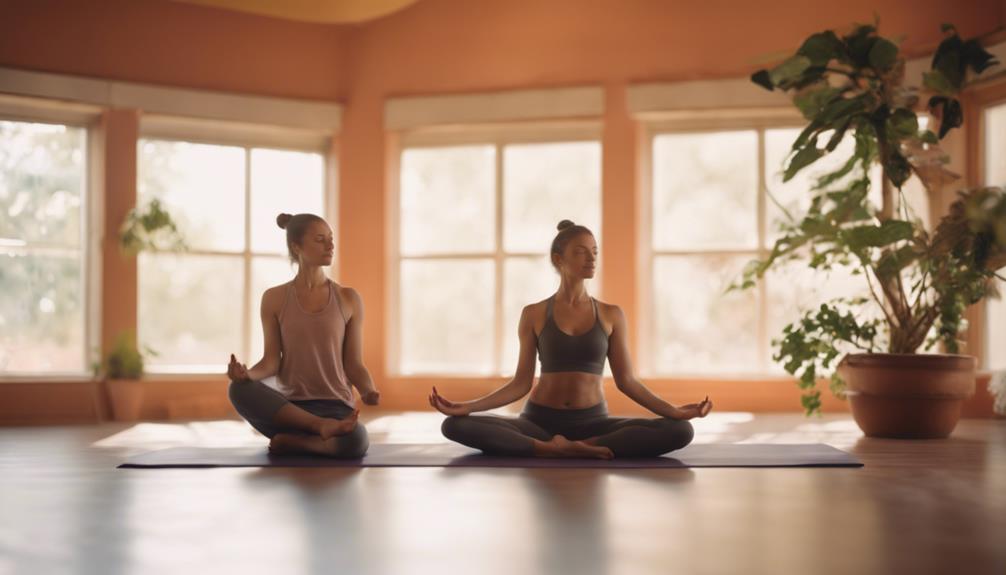Does yoga help with anxiety? This question has been on the minds of many seeking relief from overwhelming stress and tension in today’s fast-paced world. With its ancient roots and modern adaptations, yoga is gaining popularity not just as a form of physical exercise but also as a mental wellness practice. In this article, we will explore how yoga can be a valuable tool in managing anxiety, providing insights and techniques to help you find your calm amidst the storm.
Can Yoga Help Ease Your Anxiety? Let’s Find Out!
Many individuals facing anxiety often search for holistic approaches to wellness, and yoga emerges as a front-runner. At its core, yoga is not just about bending and stretching; it incorporates breath control, meditation, and mindfulness. These elements work together to create a calming effect on the mind and body. Research has indicated that engaging in regular yoga practice can decrease anxiety levels significantly. By promoting relaxation and self-awareness, yoga serves as an effective tool in managing anxiety symptoms.
One of the primary benefits of yoga lies in its focus on breathing techniques, also known as pranayama. Breath control can help ground your thoughts and bring you back to the present moment. When you practice deep, mindful breathing, it signals your nervous system to relax, reducing the physiological symptoms of anxiety, such as increased heart rate and shallow breathing. As you cultivate this awareness, you may find that the world around you feels less overwhelming.
Furthermore, the practice of yoga encourages physical movement, which releases endorphins— the body’s natural mood lifters. This combination of breathwork and physical activity can create a powerful synergy, helping to alleviate anxiety symptoms. However, it’s important to note that individual experiences may vary, and while yoga may not be a one-size-fits-all solution, it can certainly be a beneficial addition to your anxiety management toolkit.
Discover the Joy of Yoga: Your Ally Against Anxiety!
Embracing yoga as a practice means embracing a lifestyle that values both mental and physical well-being. Many people find themselves drawn to yoga for its community aspect and the supportive environment it creates. Joining a yoga class or participating in online sessions can foster a sense of belonging, which is especially valuable for those struggling with anxiety. This social connection can serve as a buffer against loneliness and isolation, promoting emotional health.
Moreover, the beauty of yoga lies in its accessibility. Whether you’re a seasoned yogi or a complete beginner, there is a style of yoga that can suit your needs. From gentle restorative classes to more vigorous flows, the variety allows individuals to choose what feels best for them. Practicing regularly can yield a cumulative effect, gradually building resilience against anxiety and enhancing overall mental clarity.
Additionally, incorporating mindfulness into your yoga practice can amplify its benefits. As you flow through poses, focusing your thoughts and intentions can help you cultivate a deeper awareness of your emotions. This self-reflection often leads to personal growth and understanding, ultimately enabling you to confront anxiety with greater ease. As you continue to explore the joy of yoga, you may find it transforming into an essential ally in your journey towards anxiety relief.
In conclusion, the question "does yoga help with anxiety?" is met with a resounding yes for many individuals. With its multifaceted approach that nurtures both the mind and body, yoga holds the potential to be a powerful tool in managing anxiety. Through breath control, physical movement, and mindfulness, yoga can pave the way to a calmer, more balanced life. So why not roll out your mat and discover the soothing practice of yoga? Your journey to tranquility awaits!
